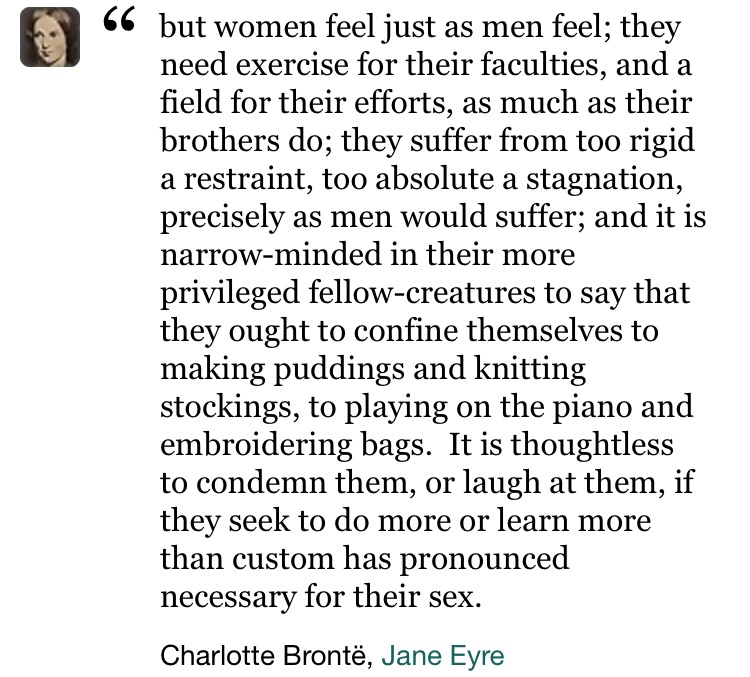The parsonage at Haworth is famous as the home of the Bronte sisters – those literary giants of the nineteenth century. It is now a museum and is visited by thousands of people every year.

Despite being long dead, the sisters still have ‘box office.’ Not so long ago a square in Brussels was named after them: Place des Soeurs Bronte (French), Zusters Bronteplein (Flemish). This was part of the Belgian push to ‘feminise’ street names across the city, and through this renaming of the square, they celebrated the short period that Charlotte and Emily spent there to improve their French, as they expected to earn their future livings as teachers. In time, Brussels played a part in a short novel – The Professor – that Charlotte wrote. It was not published until after her death, but she used a lot of it, and other details inspired by her time in the city, in her more famous novel – Villette.
There is, incidentally, a village in Sicily called Bronte – not after the sisters, as it happens, but there is a link. There is a strong possibility that their name was derived from the village, or at least from the Bronte House and estate. The King of Naples was an admirer of Admiral Lord Nelson and honoured him with the title, the Duke of Bronte, in 1799. The Brontes’ father, Patrick, initially had the surname Brunty (the anglicised version the Irish Pronntach/Bronntach). Mr Brunty was a great fan of Lord Nelson, as well as being socially ambitious. At some stage in his life he changed his surname to Bronte – with a diaresis over the ‘e’ (which I’m afraid I don’t know how to do on this computer).
The sisters, or at least Haworth Parsonage Museum, have been back in the news recently as the museum decided to make a contribution to Pride month. Museums do have to keep relevant and use events to market themselves, but more than a few eyebrows have been raised by their contribution on this occasion; namely to call into question the ‘gender identity’ of all three sisters. Were they not secretly living as men? After all, says the curator of the museum, Rebecca Yorke, they did initially publish their work under names that could be taken to be male: Currer, Ellis, and Acton, Bell.
Well, duh! Of course they wanted the publishing world to assume they were men. They lived at a time when women could not vote and did not have property rights. It wasn’t seemly for genteel women to write for a living. But neither was it possible for them to earn a repsectable living, aside from teaching / working as governesses, or similar. Marriage was the default ‘career’ option for women in their position, and their opportunities for this, stuck out on the Yorkshire moors with a widowed father and an alcoholic brother, were rather limited.
Charlotte, Emily and Anne were only too aware of the restrictions placed on them and, as clever and imaginative women, found these deeply frustrating. Assuming male personas in their letters to publishers was one way to circumvent these restrictions – and it worked!. However, their chosen subject matter was often written from a staunchly female perspective: how the laws at the time impacted negatively on women, career and lifestyle restrictions, domestic abuse, alcoholism, mental illness …

These three women wanted to be taken seriously as writers. They weren’t ‘playing with gender’ as the museum pretends to believe. Instead they were navigating a world in which women had few rights and Ms Yorke and the rest of the staff hardly enhance their credentials as allies of the LGBTQ+++ community with such ahistorical twaddle.
NB: The literary world remains biased against women writers – many men and boys will not read books written by women. Some women therefore still chose to write under male, or ambiguous, names, not least the famous Harry Potter / Cormeron Strike author – and fierce campaigner for women’s rights – J.K. Rowling (aka Robert Galbraith).
Links to my books and social media
You can find all my books and short stories on Amazon books, At least one story always free. ALL BOOKS FREE ON KINDLE UNLIMITED
